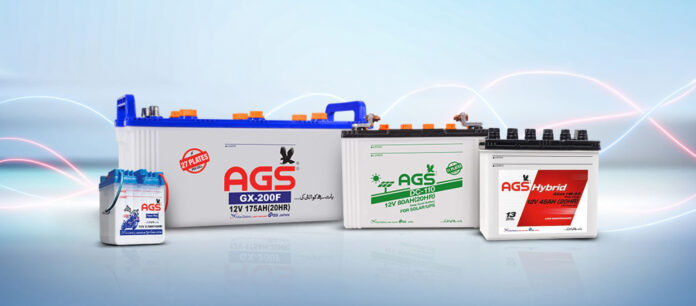Atlas Battery Limited closed the year to 30 June 2025 on the back foot. Sales slipped to Rs35.2 billion from Rs41.5 billion the year before – about a 15% decline – dragging down profitability across the income statement. Gross profit fell to Rs3.96 billion, operating profit halved to Rs1.81 billion, and after taxes the company reported a sharply lower profit for the year of Rs91 million, translating into earnings per share of Rs2.60 versus Rs38.37 last year. The board recommended no cash dividend or bonus/right shares – a notable pause at a company that in better years rewarded shareholders more generously.
The numbers arrive at a paradoxical moment. Pakistanis are buying more batteries than ever – just not necessarily the ones Atlas dominates. Imports of lithium-ion packs – principally from China – are climbing fast as homes, shops and factories bolt storage onto solar rooftops and as industry pilots larger battery-energy-storage systems (BESS). In that context, the company’s revenue contraction looks less like demand evaporating and more like domestic lead-acid makers losing the growth segment to imports in newer chemistries.
Independent research suggests Pakistan imported around 1.25 GWh of lithium-ion battery packs in 2024 – enough storage to shave meaningful load from the grid if fully deployed – and could reach 8.75 GWh by 2030 on a “business-as-usual” trajectory. That wave is overwhelmingly supplied by Chinese manufacturers, who have scaled capacity and cut prices as part of a global glut.
Local business press and analysts paint the same picture: a fast-growing appetite for storage as both a hedge against outages and a way to arbitrage peak tariffs. Despite Pakistan’s import duties and taxes that still keep storage prices higher than they might otherwise be, the case has strengthened on the back of falling global cell prices and relentless rooftop solar adoption. The content in this publication is expensive to produce. But unlike other journalistic outfits, business publications have to cover the very organizations that directly give them advertisements. Hence, this large source of revenue, which is the lifeblood of other media houses, is severely compromised on account of Profit’s no-compromise policy when it comes to our reporting. No wonder, Profit has lost multiple ad deals, worth tens of millions of rupees, due to stories that held big businesses to account. Hence, for our work to continue unfettered, it must be supported by discerning readers who know the value of quality business journalism, not just for the economy but for the society as a whole.To read the full article, subscribe and support independent business journalism in Pakistan









